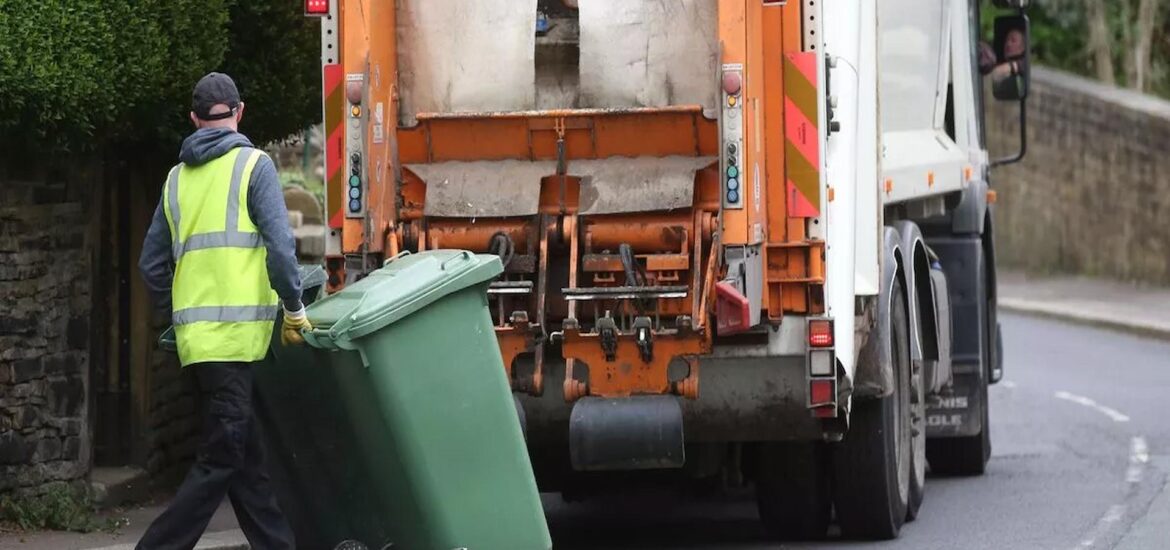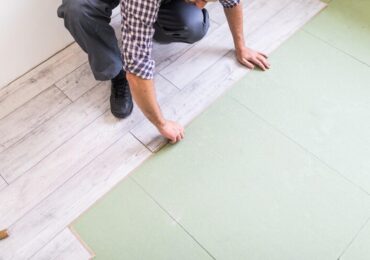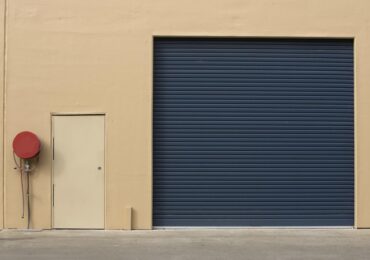In the changing world of garbage control, getting rid of hard rubbish is a big problem for communities worldwide. From bulky furniture to outdated appliances, the array of items categorised as hard rubbish is diverse and often perplexing. However, tackling this daunting task can be efficient and environmentally responsible with the right techniques and tactics. In this article, we’ll explore various methods for specialist rubbish collection, providing insights and strategies to streamline the process.
Understanding Hard Rubbish
Before delving into disposal techniques, it’s crucial to grasp the nature of hard rubbish. Hard rubbish presents unique challenges, unlike regular household waste, which can be easily disposed of through conventional means such as recycling or trash collection services. Common items classified as hard rubbish include old mattresses, broken furniture, electronic appliances, and garden waste.
Techniques for Efficient Disposal
- Sorting and Segregation: The first step in effective hard rubbish disposal is sorting and segregating items based on their material composition. This allows for easier recycling and minimises the amount of waste destined for landfills.
- Reuse and Repurpose: Explore opportunities for reusing or repurposing items before considering disposal. Many organisations and community groups accept donations of gently used furniture and appliances, providing them with a new lease on life.
- Recycling Programs: Take advantage of local recycling programs for electronics, metal, and garden waste. Many municipalities offer specialised collection services or drop-off locations for these materials, diverting them from landfills and reducing environmental impact.
- Bulk Waste Collection: Some municipalities provide scheduled bulk waste collection services, allowing residents to dispose of large items such as mattresses and furniture quickly. Check with local authorities for information on scheduled pickups and guidelines for participation.
- Professional Rubbish Removal Services: In cases where DIY disposal is impractical or unsafe, consider hiring a professional rubbish removal service. These specialists have the expertise and equipment to handle large and bulky items safely and efficiently, ensuring proper disposal. If you’re located in Middlesex, you can search for reputable options specialising in rubbish collection Middlesex.
Minimising the burden on homeowners
- Community Clean-up Events: Participating in community clean-up events is a great way to contribute to local efforts and dispose of hard rubbish responsibly. These events often involve coordinated efforts to collect and dispose of large items, making them ideal for those with limited resources or mobility.
- Composting: For organic waste such as yard trimmings and food scraps, consider composting an alternative to traditional disposal methods. Composting reduces the amount of waste sent to landfills and produces nutrient-rich soil that can be used to enrich gardens and landscapes.
Tactics for Effective Disposal
- Plan Ahead: Before embarking on hard rubbish disposal, take the time to develop a plan of action. Identify the types of items to be disposed of, research local disposal options, and determine the most efficient method for each waste category.
- Safety First: When handling hard rubbish, prioritise safety to prevent injuries and accidents. Use proper lifting techniques, wear appropriate protective gear, and exercise caution when handling heavy or bulky items.
- Dispose Responsibly: Avoid illegal dumping or improper disposal methods, which can harm the environment and incur fines or penalties. Familiarise yourself with local regulations regarding hard rubbish disposal and adhere to them diligently.
- Consider Environmental Impact: Choose disposal methods that minimise environmental impact whenever possible. Opt for recycling or donation whenever feasible, and prioritise disposal options for sustainability and conservation.
- Stay Informed: Stay abreast of changes to local waste management policies and programs, as well as emerging technologies and innovations in waste disposal. You can adapt your disposal strategies to align with best practices and environmental stewardship principles by staying informed.
Conclusion
Effective hard rubbish disposal requires a combination of techniques and tactics tailored to the unique characteristics of the waste stream. Homeowners can effectively manage hard rubbish by sorting and segregating items, exploring reuse and recycling options, and employing responsible disposal methods while minimising environmental impact. Whether through DIY efforts or professional assistance, responsible hard rubbish disposal is essential for building sustainable communities and preserving the planet for future generations.









